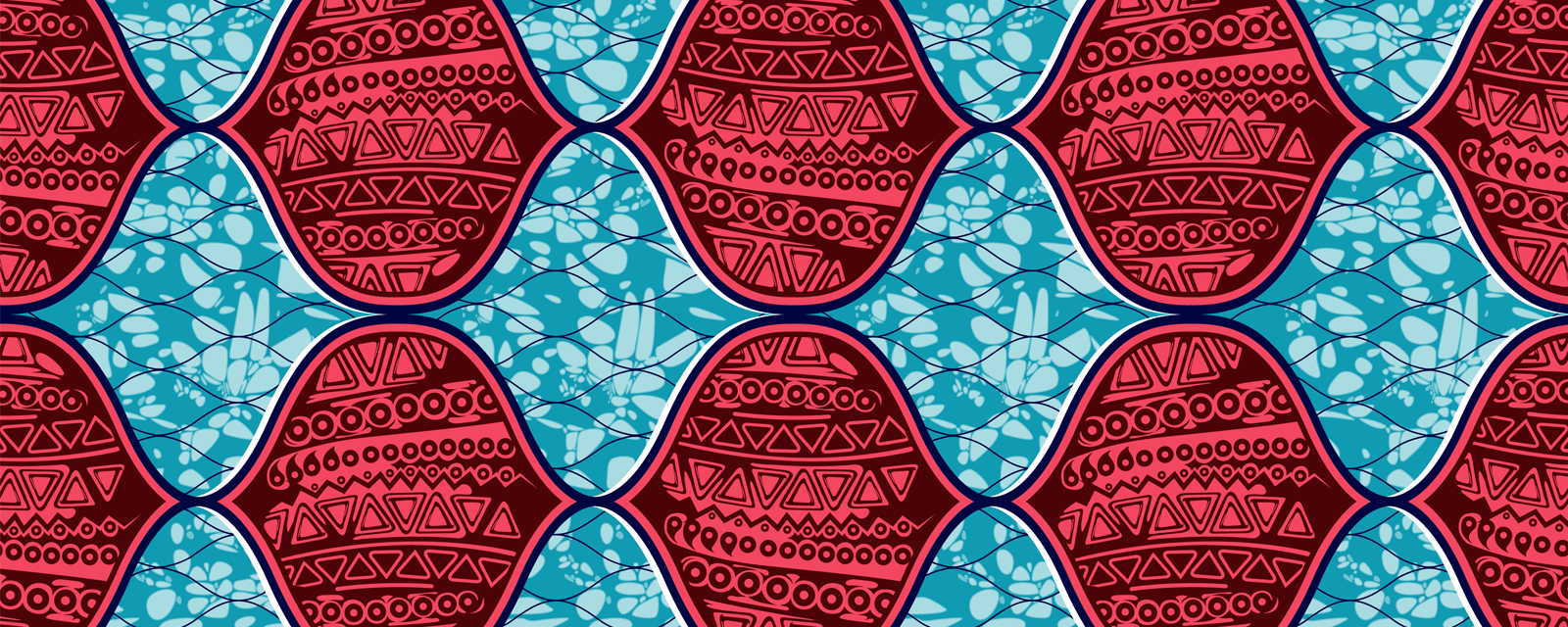While Mswati II (1840–1868), who expanded Swazi land beyond its present boundaries, is celebrated as the greatest Swazi king, his son Mbandzeni (1875–1889) was beyond all doubt the worst. He was forced to accept borders imposed jointly by the British and Afrikaners in 1881 and 1884, which left thousands of Swazis stranded in the eastern Transvaal. But he was also largely responsible for selling off what remained of his kingdom to White concession hunters.
These included grazing and mineral rights, often for the same patch of land, rights to collect taxes and levy customs duties, and monopoly rights in every conceivable branch of the economy. Before the end of his reign, the Swazis had literally no right to live anywhere (except the eastern Transvaal), and no right to practice any kind of economic activity. Historians dispute whether Mbandzeni was a kind man out of his depth, or a vain and greedy man who cared little for his subjects. Imbongi Maboya Fakudze presents him, in this tibondo, as an unmitigated disaster.
Eater at noon,
By eating in the sun
When the nation,
The descendants of Langa, (1)
Eat in the shade. (2)
Madeya of Ndaba, (3)
You gave up the oxen
And bought doves.
The men against you rebelled.
Where you pass they burn
You of Mavuso.
The aged are lazy.
You twirled a stone,
And fire kindled.
You dressed up in white snow
Which had clothed the mountains.
Scarcely would I have slept
Had it clothed me, a menial.
Chest that from commotion grumbles,
Out came weaver birds and chirped noisily. (4)
Mourners you don’t mourn,
For you they’ll remain mourning.
Ndaba, spotted like a leopard
For at creation he spoiled you. (5)
For in the gall of the heavens you bathed
Crafty one,
Effectively, you threaten.
With the two twins, you threatened.
The Mjindi and tiNjojela. (6)
Sibhejane, you said,
Will dry your tears.
Tree, on the ridge, on Magobhoyi.
Mistake not for its dustiness,
And chop it down with the Basutos of Sikwata. (7)
Storm, that thundered in the forest,
And after you, the white ladies hankered. (8)
And with a pile of goods, covered you.
And with rough bags.
And said:
“Go well, child of the lion.
When you’re an elephant,
We will see you,
Going to sympathise with the council of the elephant.”
With Cidi, you departed,
And went to Mzilikazi of Mashobane. (9)
You returned with black and white cattle.
Stick of Dambuza, of Ngwane,
You hadn’t gone to confiscate the cattle
Of the councillors of Ndaba.
You encountered the Basuto,
By encountering them.
Them, you found cooking porridge.
It was in the pot,
It was in the stomach.
It you, emptied,
You scattered
Joyfully, the old women shrilled.
Lazy one of Mavuso;
You fed on other people’s harvest.
You ate those of Sukumbili of Mbokane.
The iguanas made noise for you.
Dove which flew on wings
Flapping them,
Spying on Mabhedla,
Hare that ran fast to the isigodlo. (10)
And then, the shields of Mjindi and tiNjojela thundered. (11)
Chest, grumble from commotion, Ngwane.
There were no affairs,
By sunrise there are affairs.
We heard from the weaver birds, making noise.
Mlangeni of Mavuso,
Bloodshot eyes of Mswati,
From weaver birds we heard,
From weaver birds, making noise, we learnt.
For you bathed in the gall of the heavens.
Then you became spotted, then spotted you became,
Then you had patches on the ridges,
Your arm tires not from constant movement, Mlangeni,
You were moved by the English and the Hollanders. (12)
They tricked you by subduing nations
With the chains of the south. (13)
We the regiments of the Ndlavele,
Moving about at Mbekelweni.
You called upon howling dogs
And out came weaver birds
And made a noise for you.
Here is the calf spoiling calves.
It’s the red one,
King that should have been, (14)
Of Mswati, of Somhlolo, of Tikodze of Ngwane. (15)
Lion!
You devoured enemies, calves and young heifers. (16)
Hail, your Majesty!
Translated by Thoko Ginindza,
from Tibongo teMakhosi netetiNdlovukazi
(London, 1975)
Footnotes
- Langa: Mythical Swazi king.
- These opening lines emphasise Mbandzeni’s laziness, unconcern and irresponsibility — eating in the sun while the nation was in the shade, bathing in the gall of the heavens while the nation had to consume their inheritance, relinquishing the nation’s cattle for mere doves, letting the snow settle on him when even a “menial” would have been more active.
- Ndaba was Shaka Zulu’s great-grandfather, and the first Zulu king. The imbongi’s claim is that Swazi kings share to the same royal descent. Madeya means millet seed, a metaphor for descendant.
- Through this tibongo, Mbandzeni is associated with weaver birds, doves, dogs, hares, iguanas, harmless creatures in contrast to the bulls, lions, elephants and mambas of the other Swazi kings.
- In other words, lacking the leopard’s qualities.
- The Mjindi and tiNjojela: Two of the six regiments formed during Mbandzeni’s reign, and sent to assist the British and the Afrikaners in their frontier war against Sekukuni of the Bapedi. Sekukuni was defeated, and the Swazis were promised independence.
- Sikwata was Sekukuni’s father who in 1857 was cheated by the Afrikaners into signing a treaty he didn’t fully understand. The other names refer to places but their significance is obscure.
- The wives of the concession-seekers courted Mbandzeni, with gifts of western style clothing.
- Mashobane was Mzilikazi’s father (see Praises of Mzilikazi). Cidi is not known.
- The isigodlo: The harem
- See footnote 3.
- The multitude of concession-seekers, both English and Afrikaner.
- The gradual conquest of South Africa peoples.
- Scornful to the end, the imbongi reminds us of Mbandzeni’s heritage.
- Somhlolo: Another name for Sobhuza I. Tikodze of Ngwane probably refers to Ngwane III
- Easy meat

